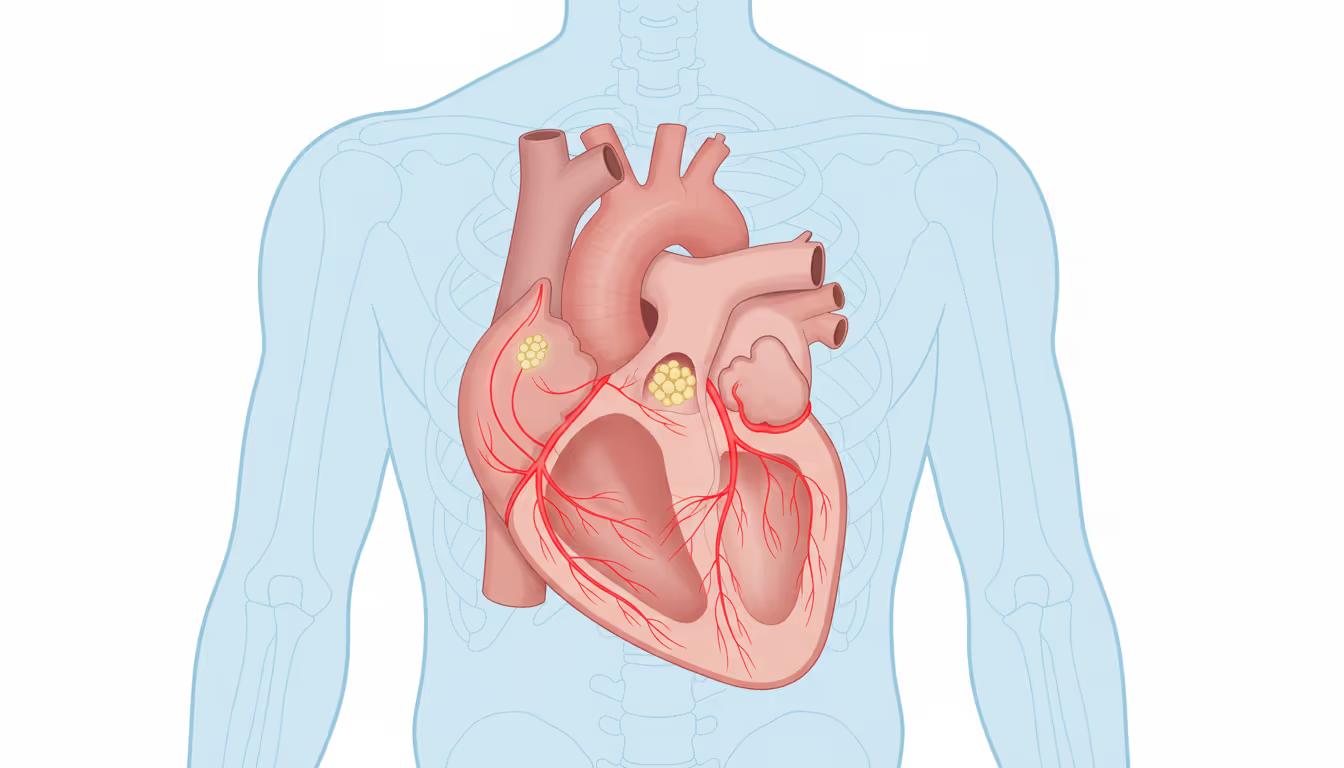
The sinus node is a critical component of the heart's conduction system, which regulates heart rate. This intricately designed system produces electrical impulses that travel through the heart muscle, prompting it to contract and circulate blood. Known as the heart's natural pacemaker, the sinus node comprises a group of cells located in the upper section of the right atrium's wall. These cells are responsible for generating electrical impulses. The sinus node is also referred to as the sinoatrial node, or simply the SA node.Once the sinus node generates an electrical signal, it passes from cell to cell throughout the heart until reaching the atrioventricular (AV) node. The AV node, a cluster of cells located at the heart's center between the atria and ventricles, acts as a gatekeeper, slowing the electrical signal before allowing it to proceed to the ventricles. This delay ensures that the atria can fully contract before the ventricles are activated. After the AV node, the signal travels to the ventricles via specialized fibers within the walls of the heart's lower chambers.The autonomic nervous system, which also regulates blood pressure, controls when the sinus node fires to initiate the cardiac cycle. It can send rapid messages to the sinus node, enabling a heart rate increase to double its normal rate within just 3 to 5 seconds. This swift adjustment is crucial during physical activity when the heart must accelerate its pace to meet the body's heightened oxygen demands.




